Shopping cart
Subscribe to out newsletter today to receive latest news administrate cost effective for tactical data.
2478 Street City Ohio 90255
- Phone: 77 999 833 29
- Email: info@tinypearls.in
Subscribe to out newsletter today to receive latest news administrate cost effective for tactical data.
2478 Street City Ohio 90255









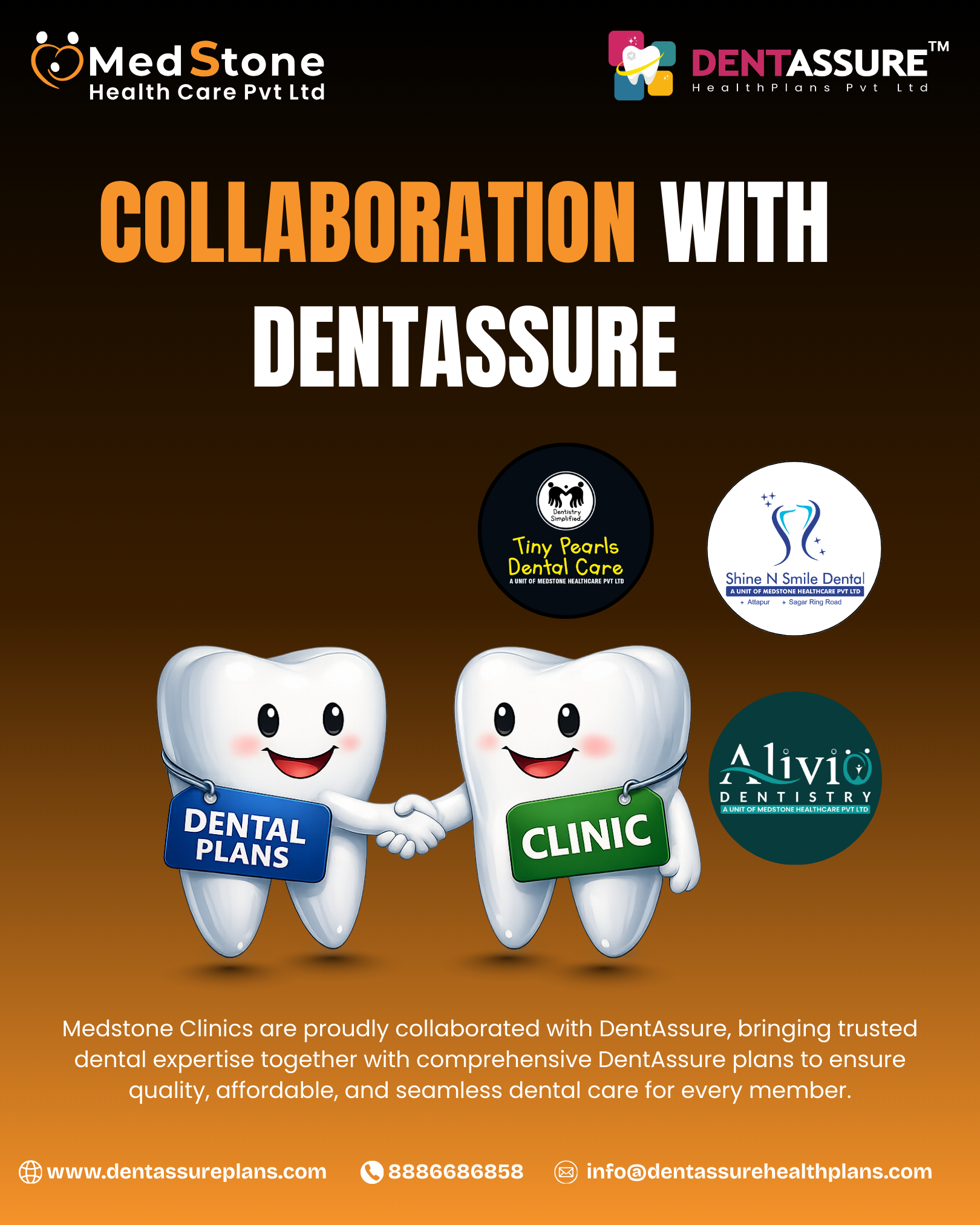
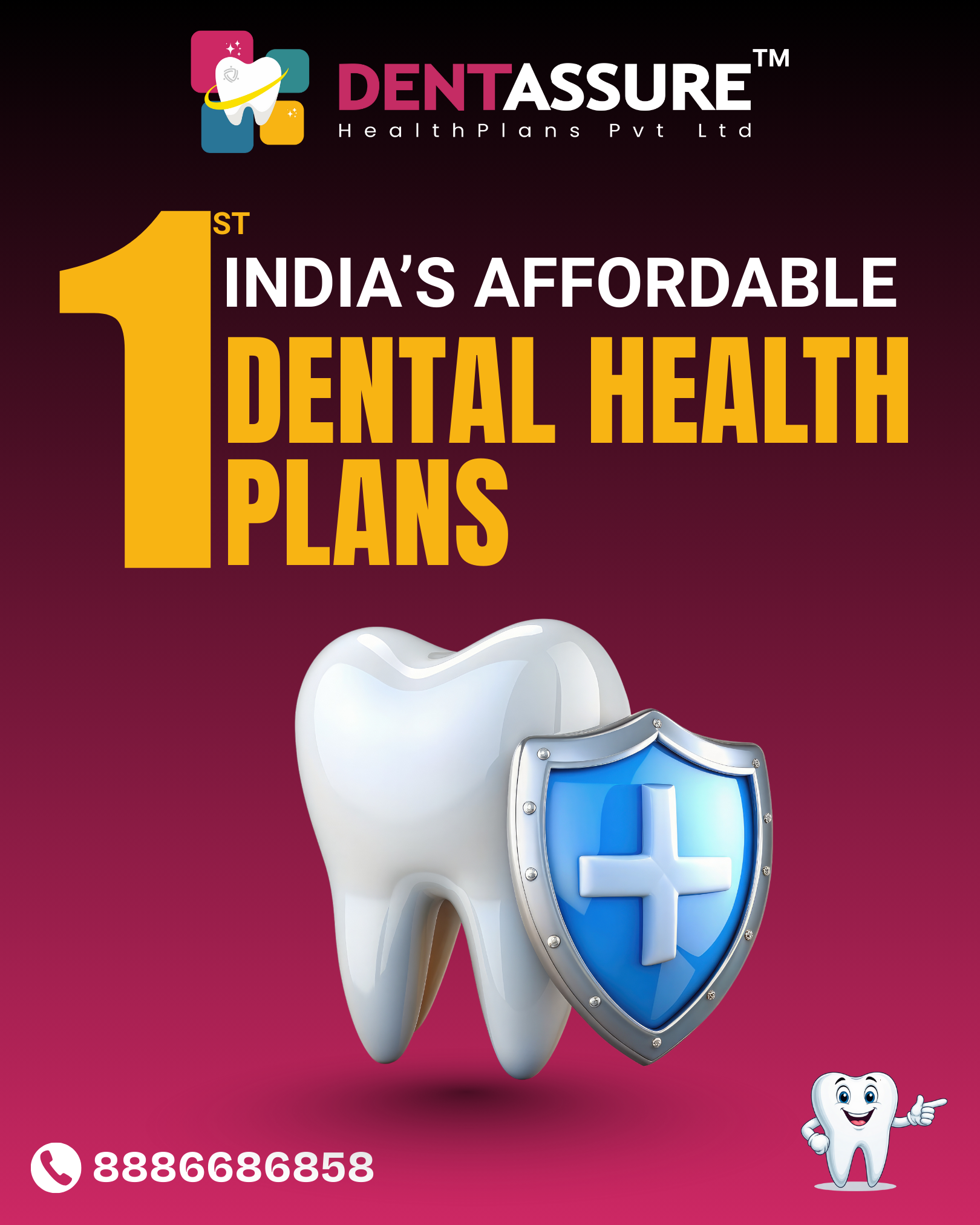
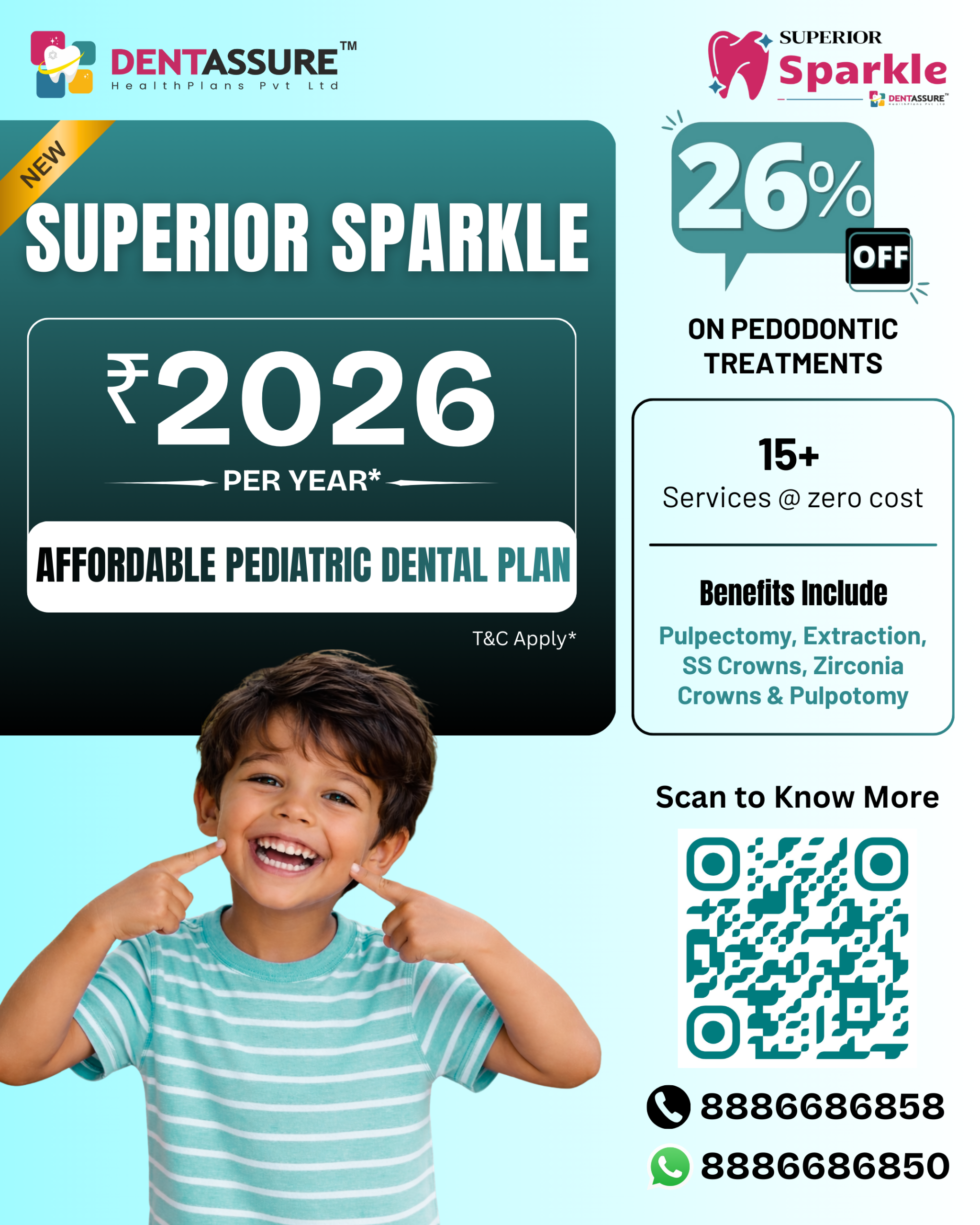

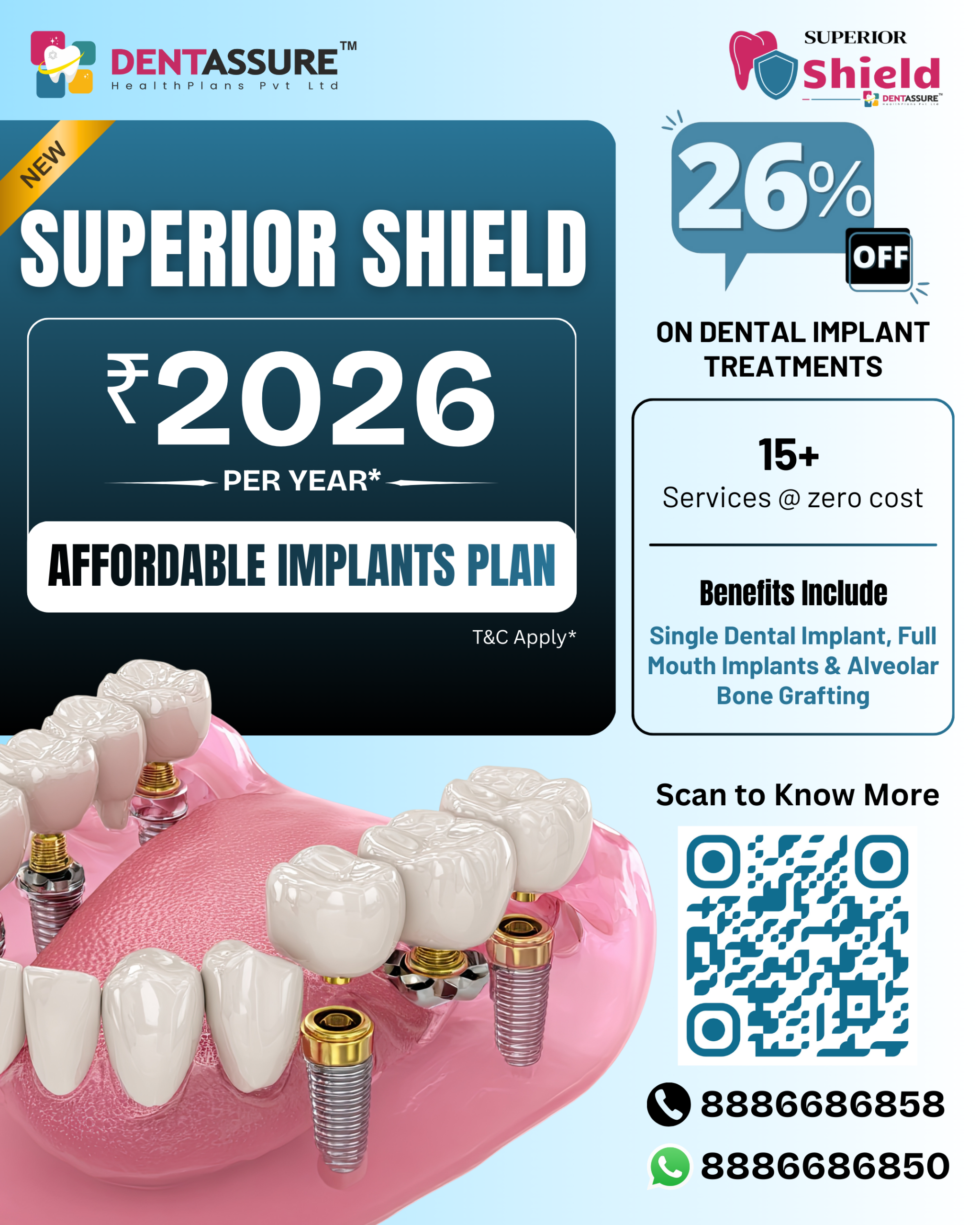






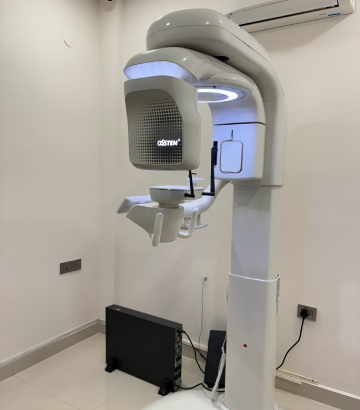
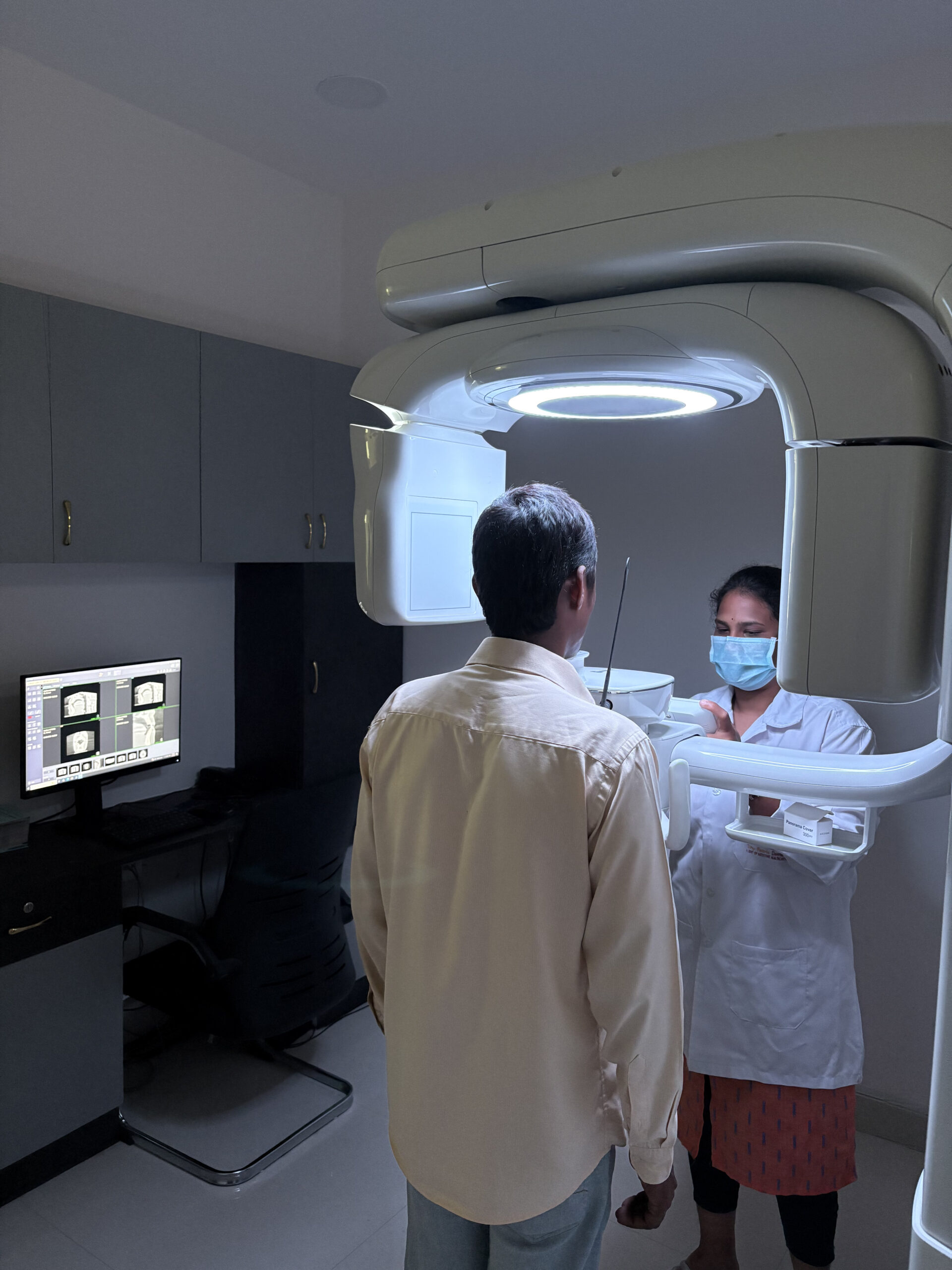
At Tiny Pearls Dental Care, we believe that a child’s early dental experiences shape their lifelong attitude toward oral health. Our clinic is built around this philosophy, providing an environment that is safe, colorful, and emotionally supportive—especially for our youngest patients. Led by an experienced pediatric dentist, we specialize in age-appropriate care that combines clinical excellence with warmth and empathy. Every detail, from the interiors to the communication style of our staff, is designed to ease anxiety and build trust with both children and parents.

4th Floor, RBV Arcade, Beside Spicy Hub Restaurant, Chaitanyapuri Main Rd, above Manyavar Opp: Brand Factory, Kothapet, Hyderabad, Telangana 500102
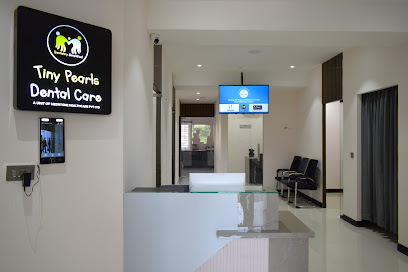
Plot No 11, RK Puram Main Rd, Margadarshi Colony, Kothapet, Hyderabad, Telangana 500102
Happy Patients
Dental Specialists
Years of Experience
Dental Chairs
At Tiny Pearls Dental Care, our patients’ smiles tell our story best. Read real experiences from people who’ve trusted us with their dental health and discover why we’re known for gentle care, advanced treatments, and lasting results.

“My child used to be terrified of dental visits, but Tiny Pearls changed everything. The staff is gentle and patient, and the environment is so cheerful. Now my son actually looks forward to checkups!”

“The clinic is clean, modern, and very well-equipped. I brought my daughter here for braces and stayed on as a patient myself. Excellent care for all age groups under one roof!”

“As a parent of a special needs child, I cannot recommend Tiny Pearls enough. They took time to understand my child’s needs and made us feel incredibly supported and respected.”

“I love how the team at Tiny Pearls explains every step of treatment so clearly. The pediatric dentist is kind and skilled, and the whole team is warm and professional. A great experience!”

“I appreciate the advanced technology they use—it gives peace of mind knowing the diagnosis is precise. Plus, their follow-up care is top-notch. Truly a place that cares beyond the chair.”





Ideally, every 6 months. Regular visits help detect early signs of decay, gum disease, and other issues, allowing timely intervention and preventive care. High-risk patients may need more frequent evaluations.
Yes, modern digital X-rays emit minimal radiation—less than a day of natural background exposure. They’re essential for accurate diagnosis of cavities, bone loss, infections, and impacted teeth.
Bleeding gums usually indicate gingivitis, an early stage of gum disease caused by plaque buildup. Improper brushing or flossing technique can also cause trauma. Regular cleanings and improved hygiene help resolve this.
No, root canal treatments are performed under local anesthesia and are virtually painless. The procedure relieves the pain caused by infection and preserves the tooth, avoiding extraction.
The first dental visit should be by age 1 or within 6 months of the first tooth eruption. Early visits help monitor development and establish good oral hygiene habits.
Common causes include poor oral hygiene, plaque, dry mouth, gum disease, and certain foods. In rare cases, systemic conditions like diabetes or sinus infections may contribute. Regular cleanings and hydration help manage it.
A filling repairs small to moderate decay, while a crown covers the entire tooth when it’s severely weakened or fractured. Crowns provide strength, protection, and longevity.
If you have crooked teeth, crowding, gaps, or bite issues, orthodontic evaluation is needed. Diagnostic tools like X-rays, photographs, and models help determine the right treatment approach.
Yes, baby teeth are prone to decay due to thinner enamel and poor brushing habits. Untreated cavities can lead to pain, infection, and impact the eruption of permanent teeth.
Dental implants are often preferred because they don’t rely on adjacent teeth for support and preserve jawbone health. However, suitability depends on bone quality, systemic health, and financial considerations